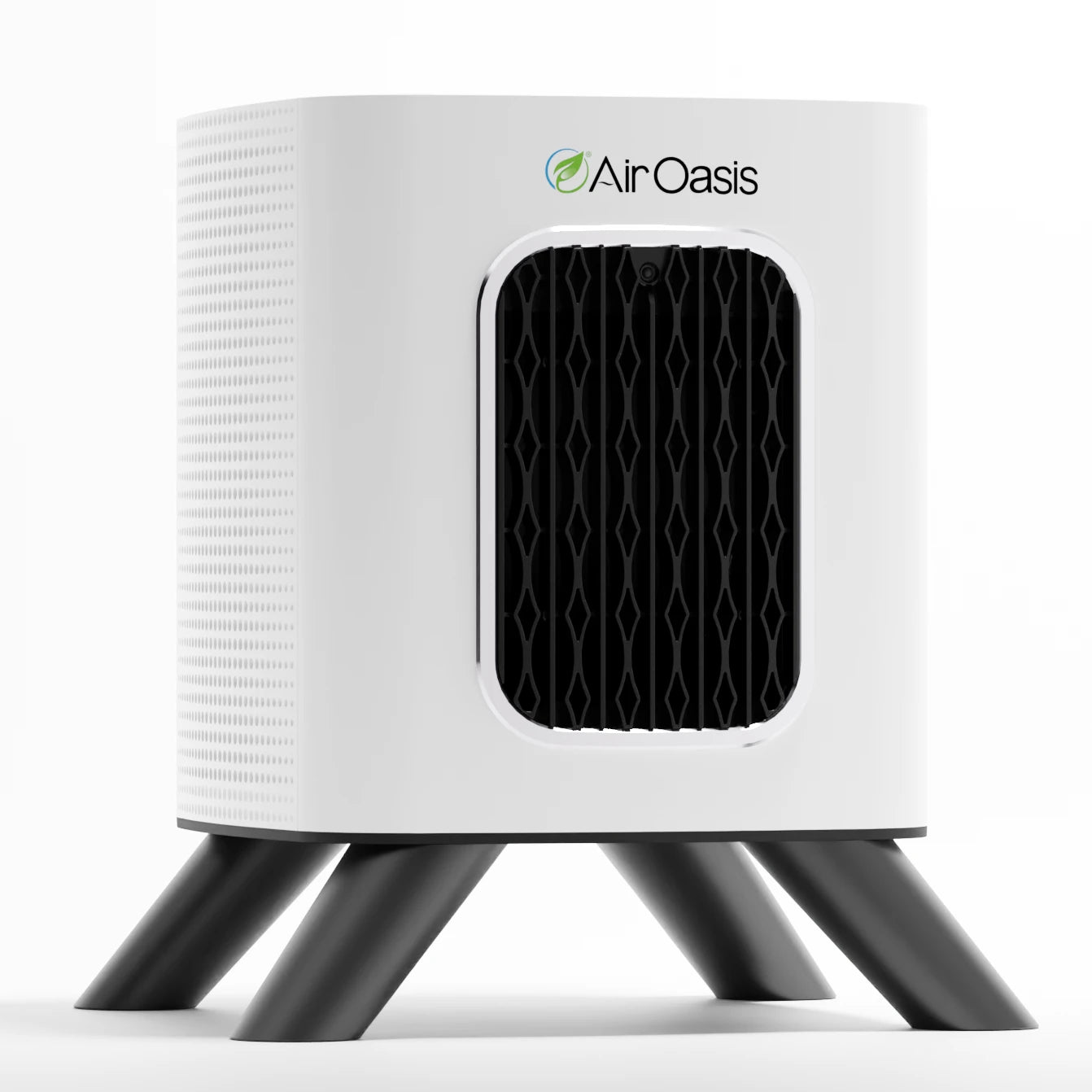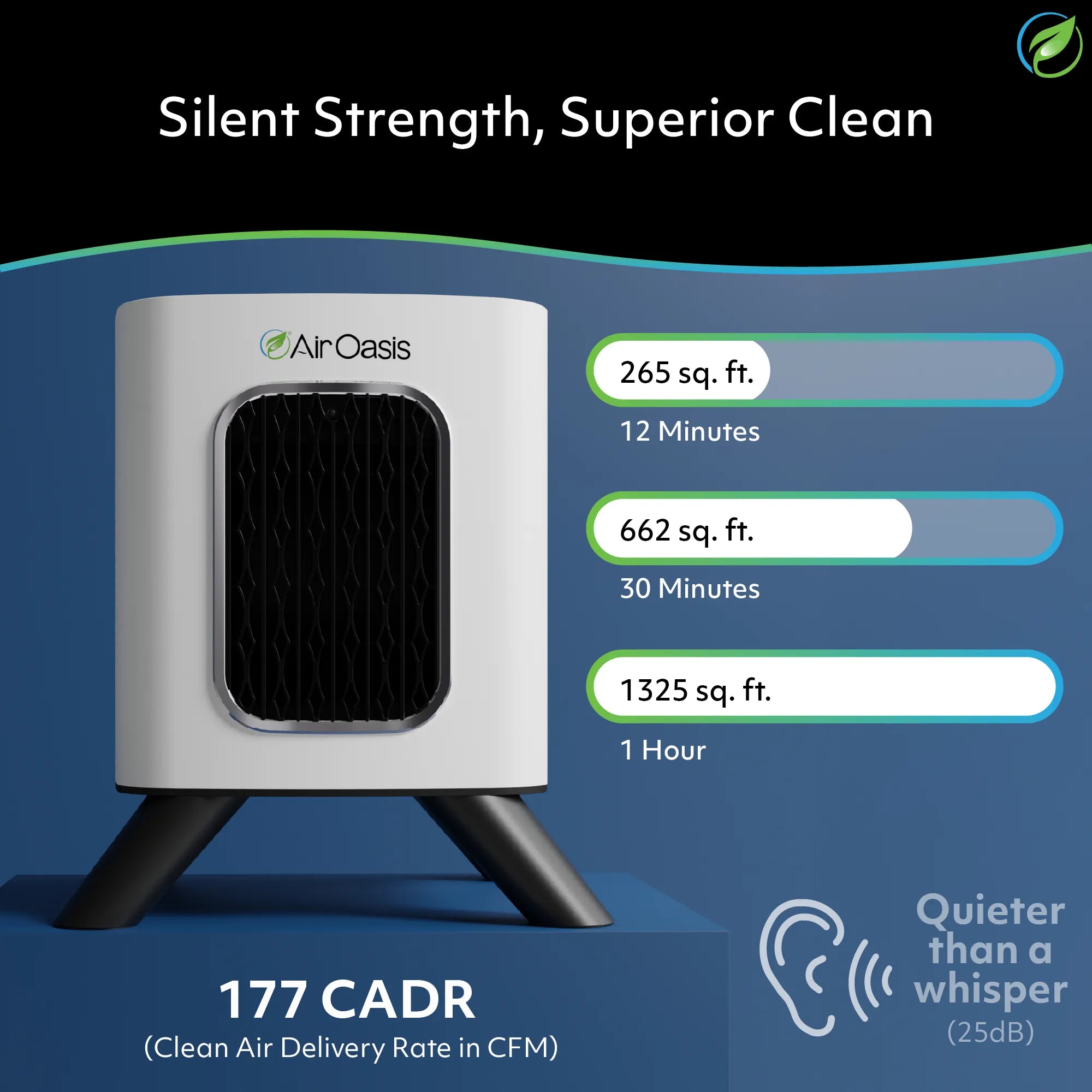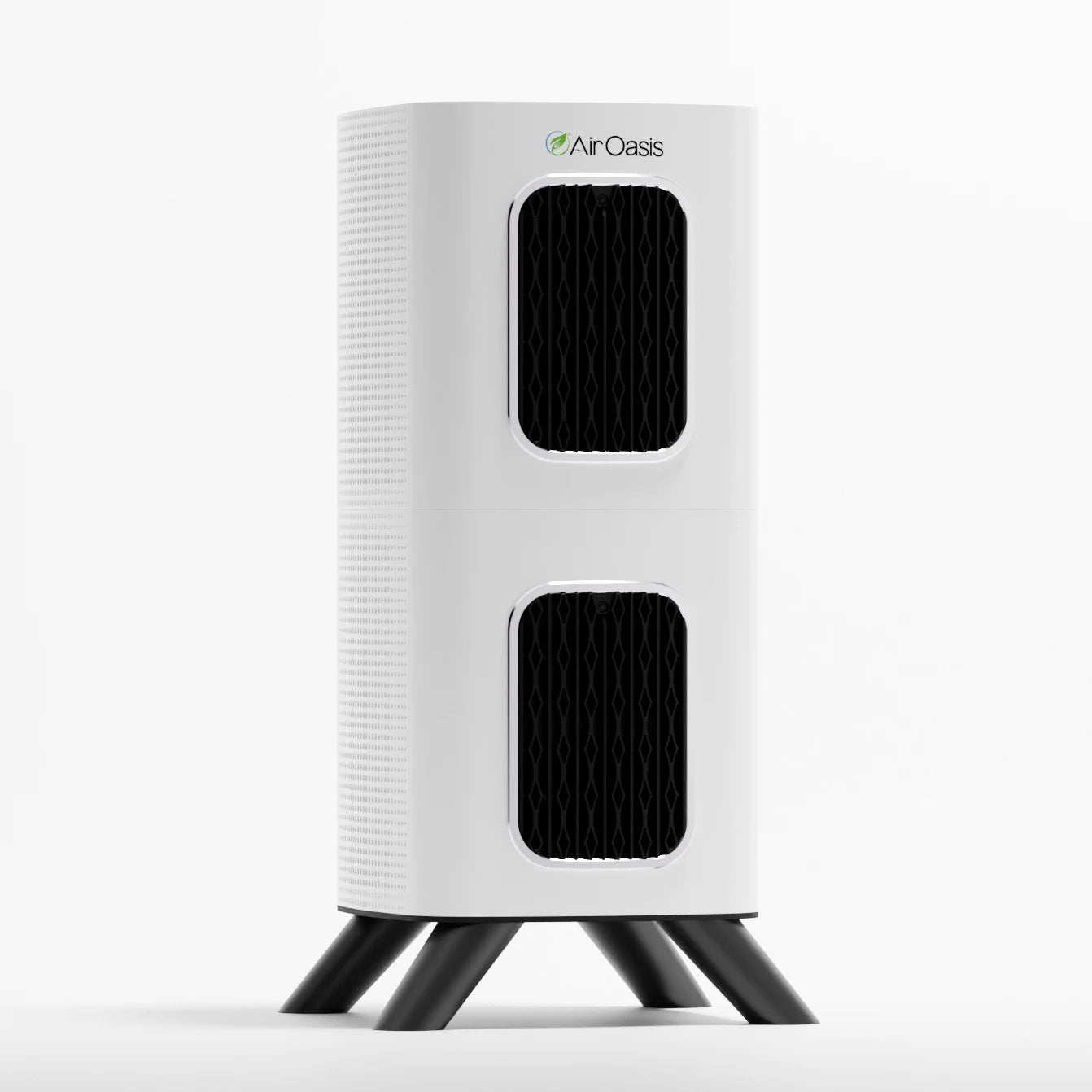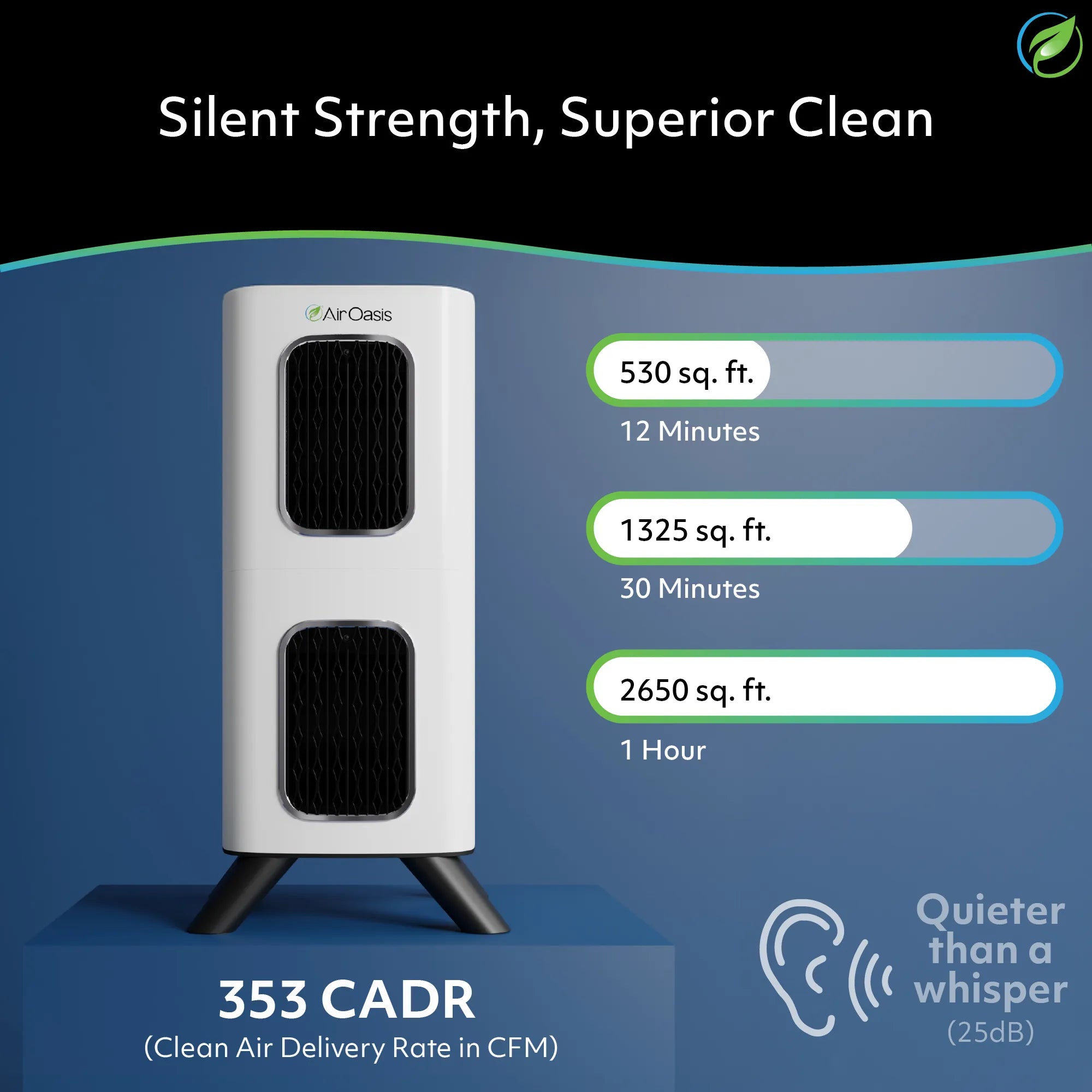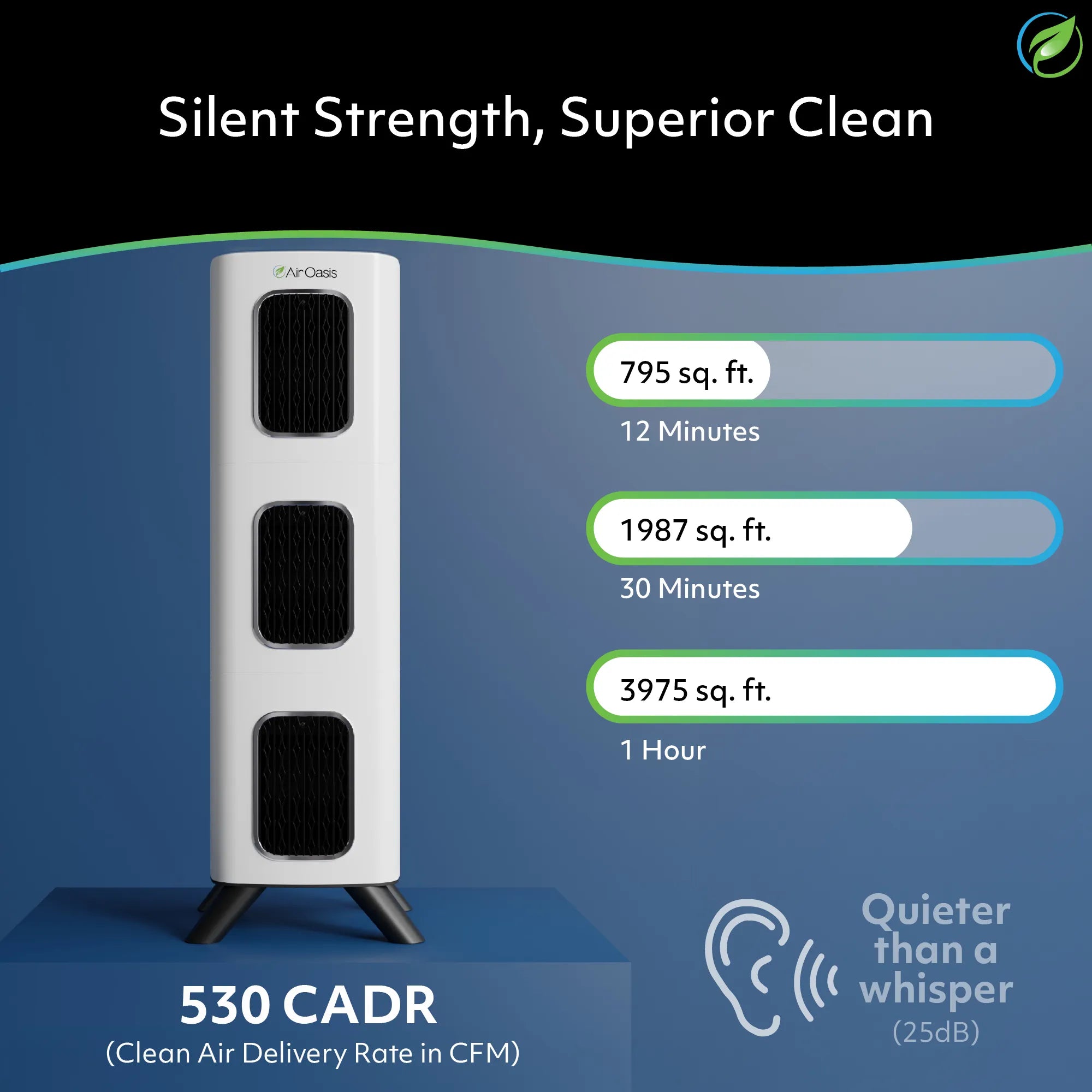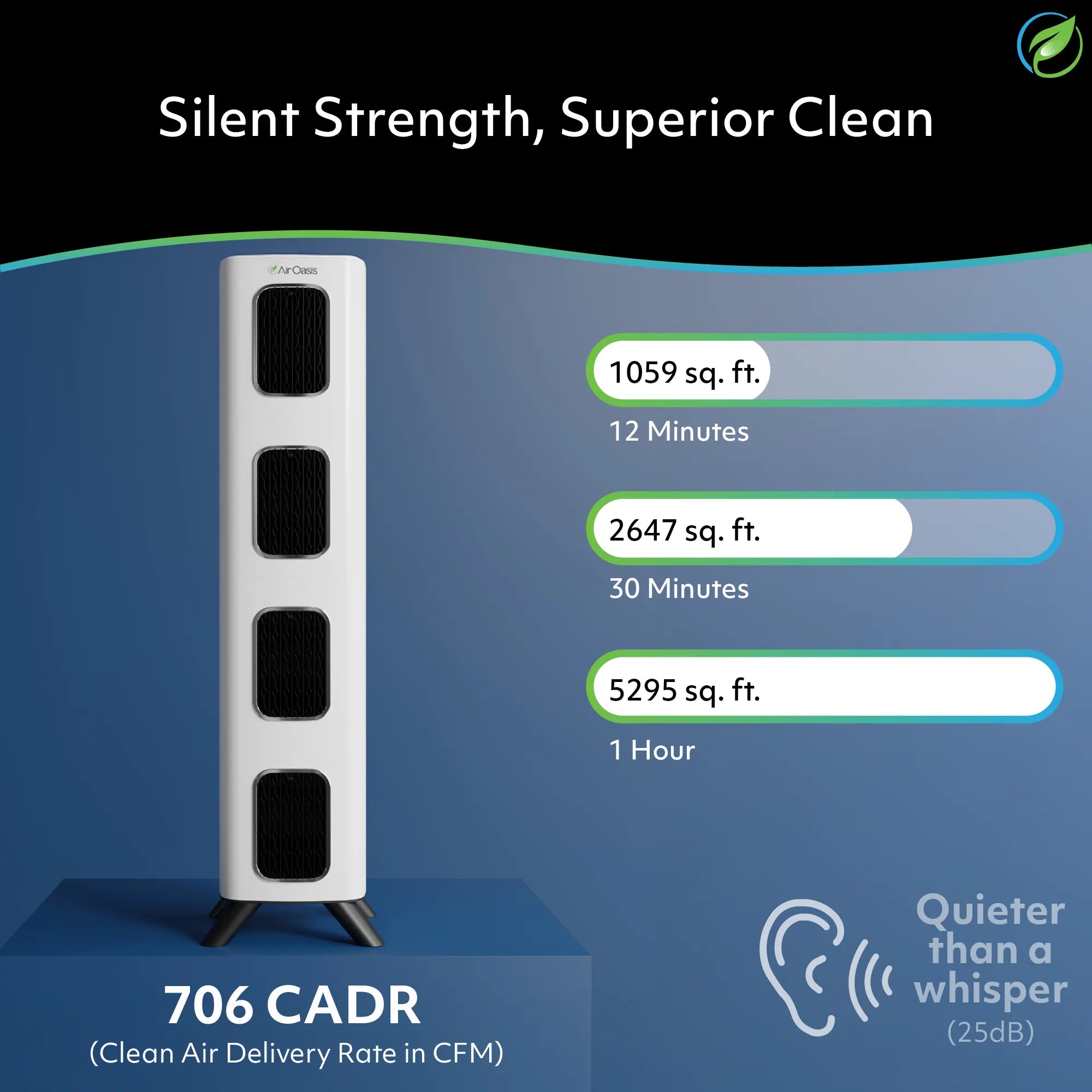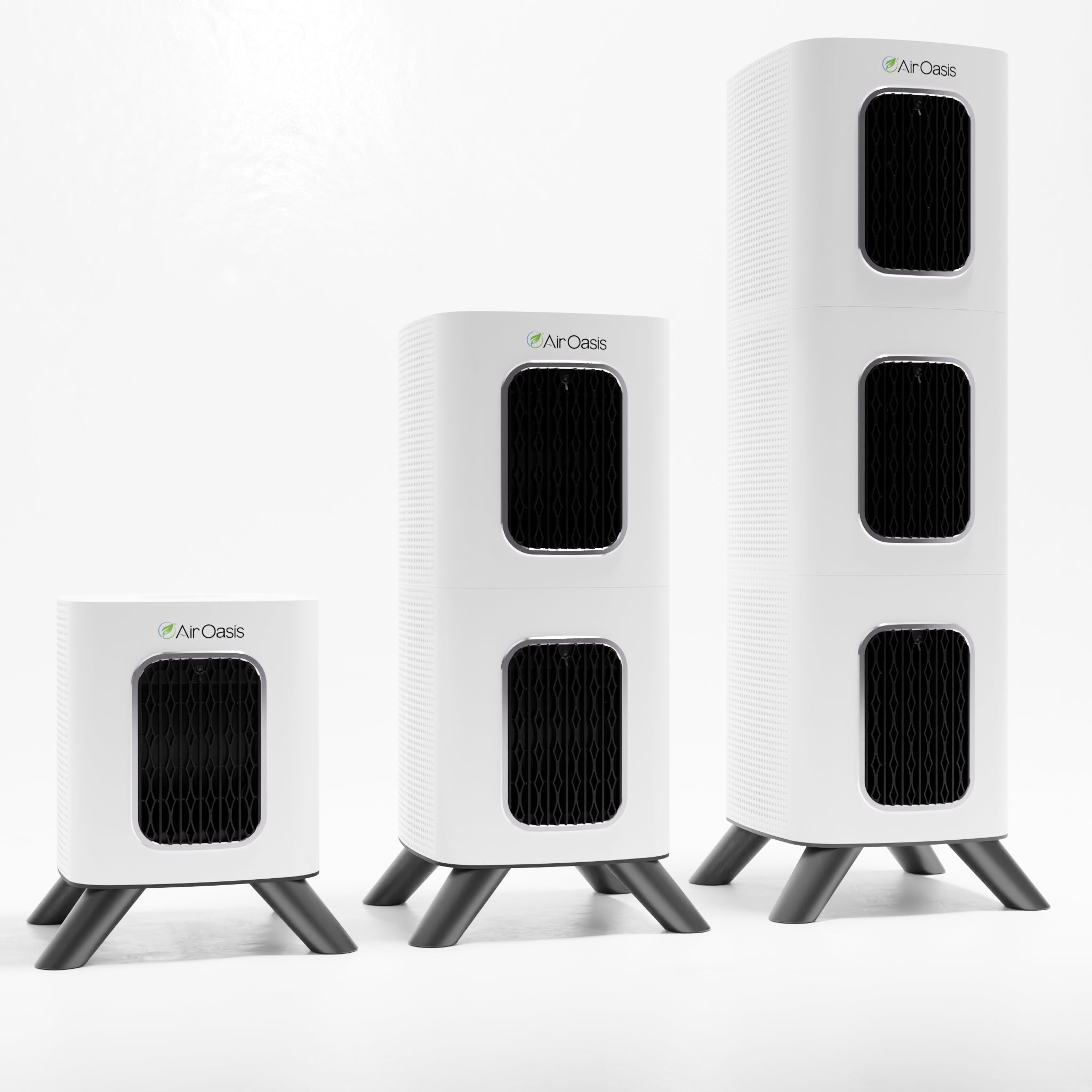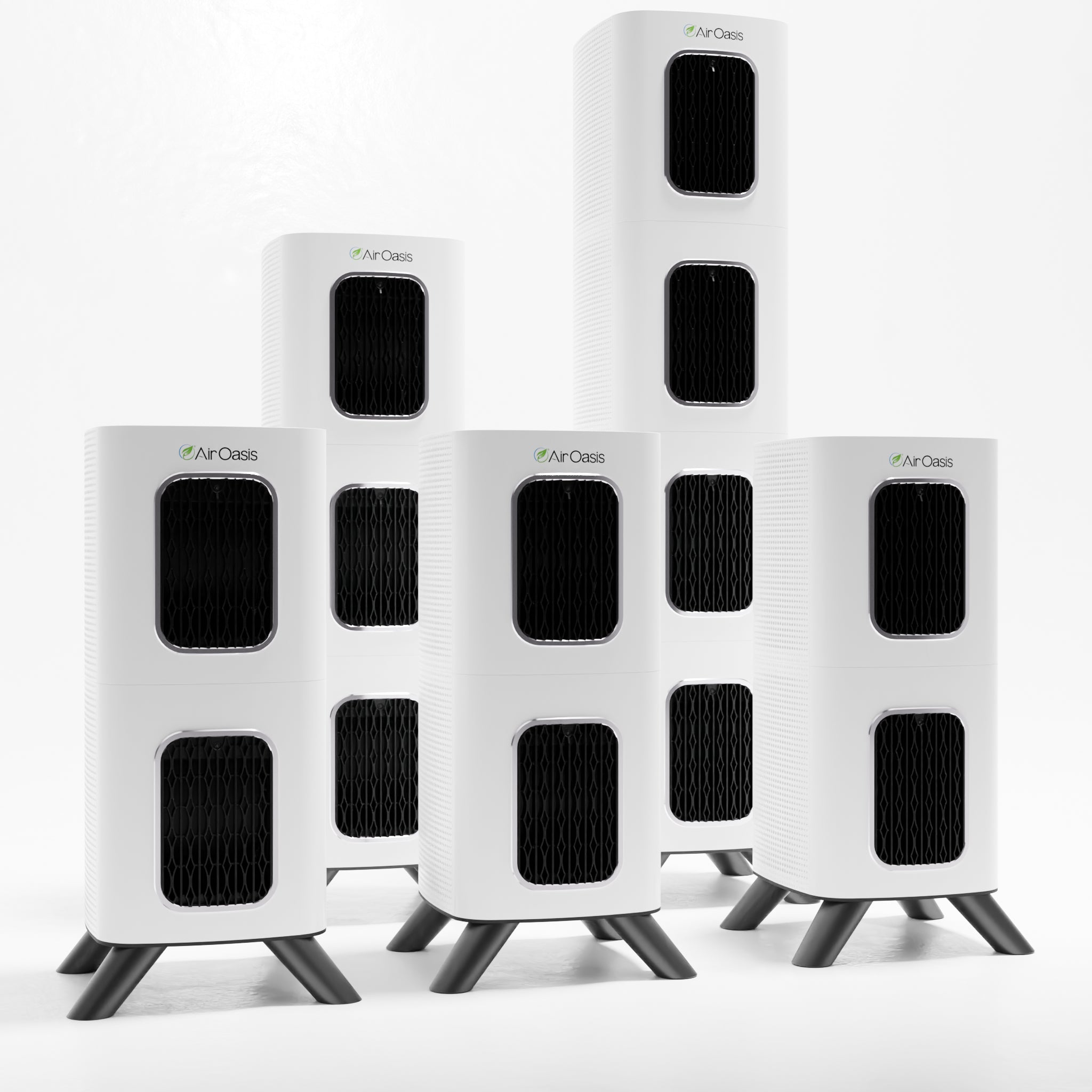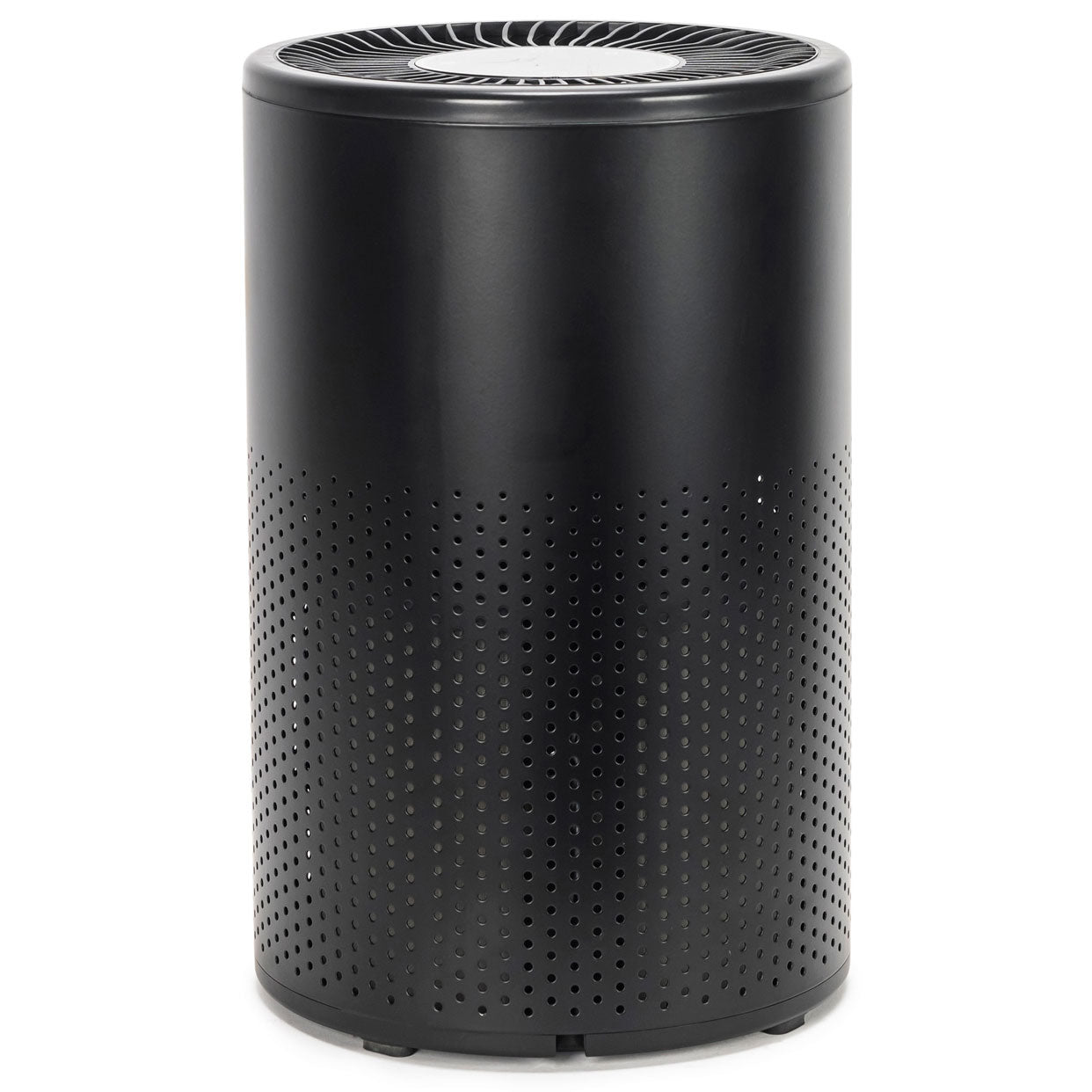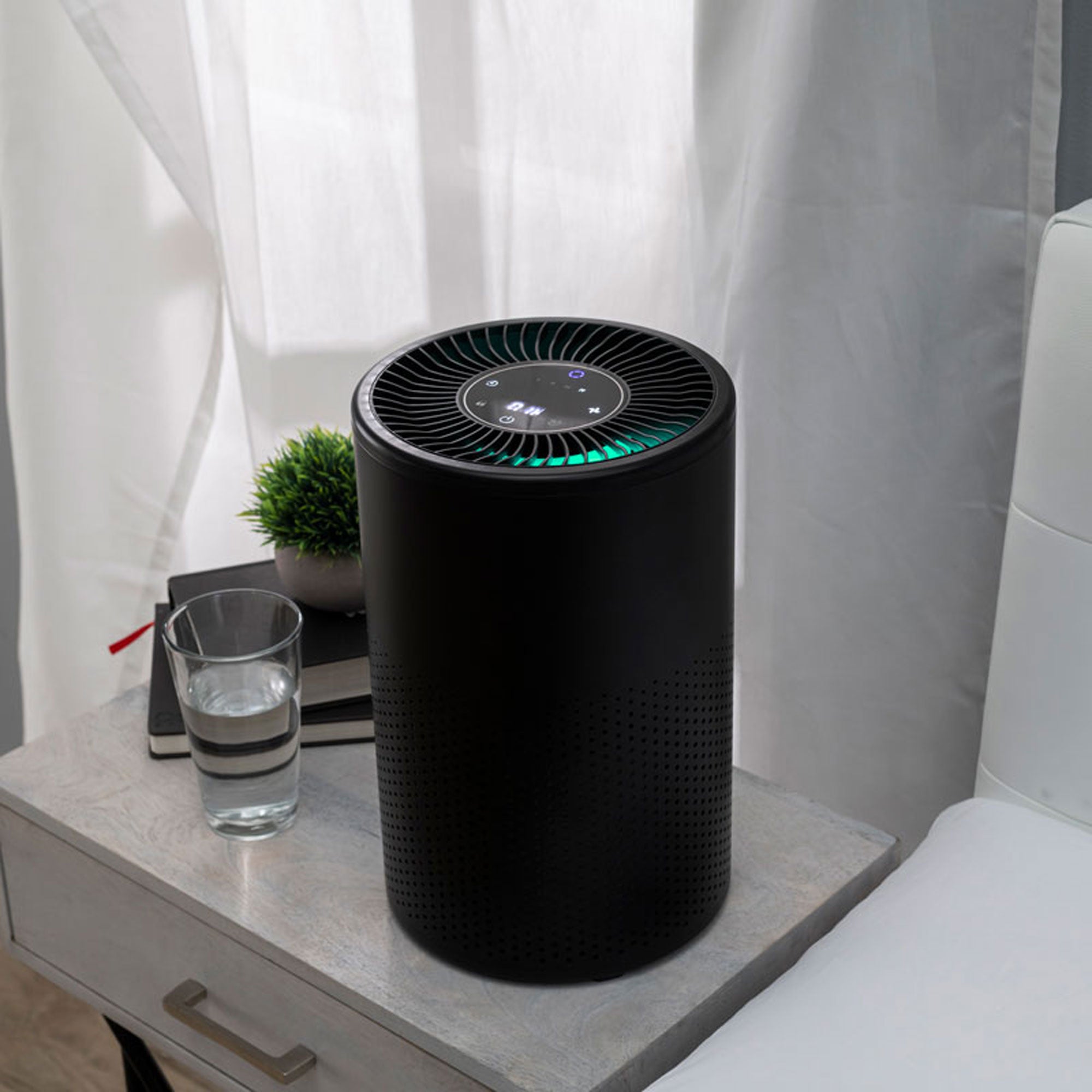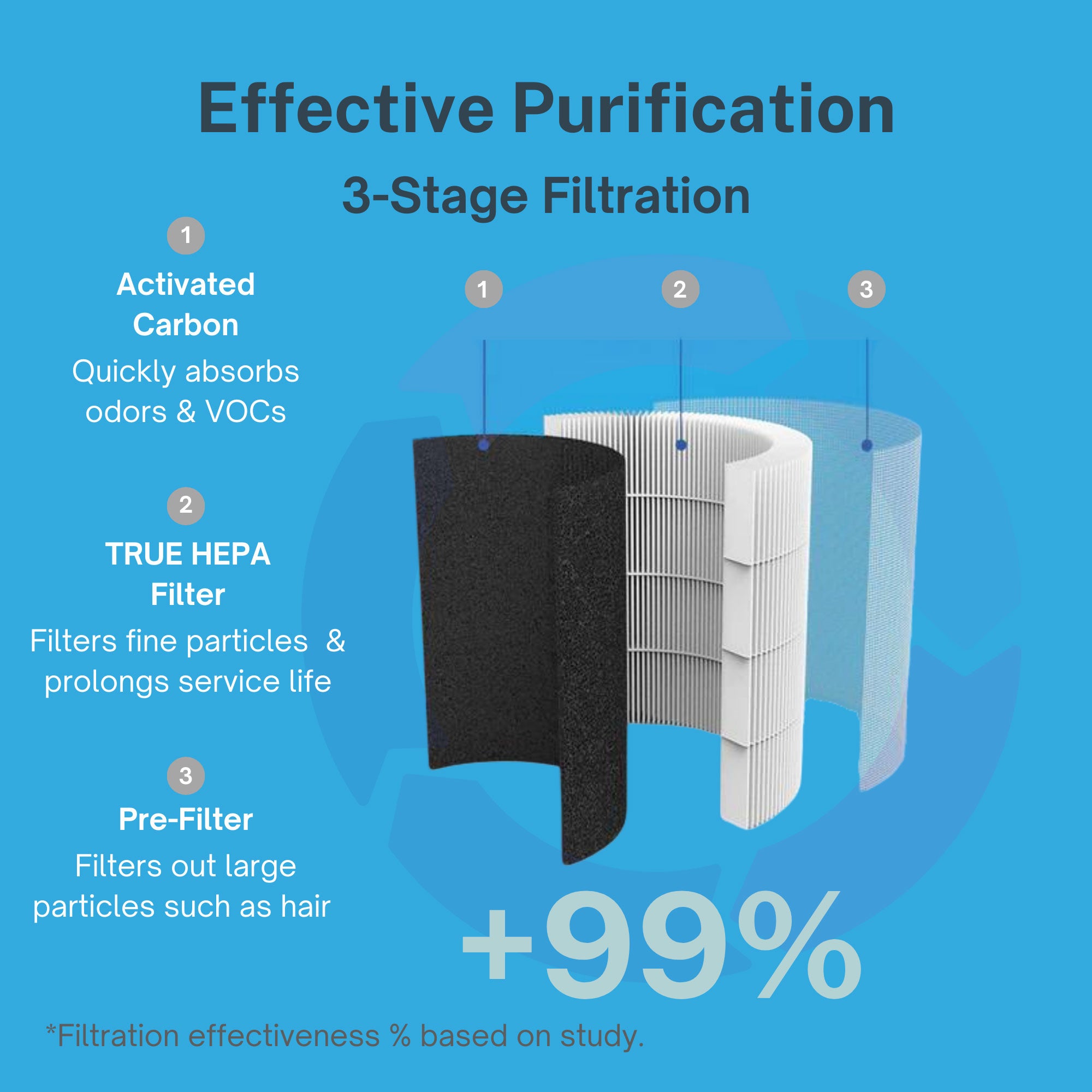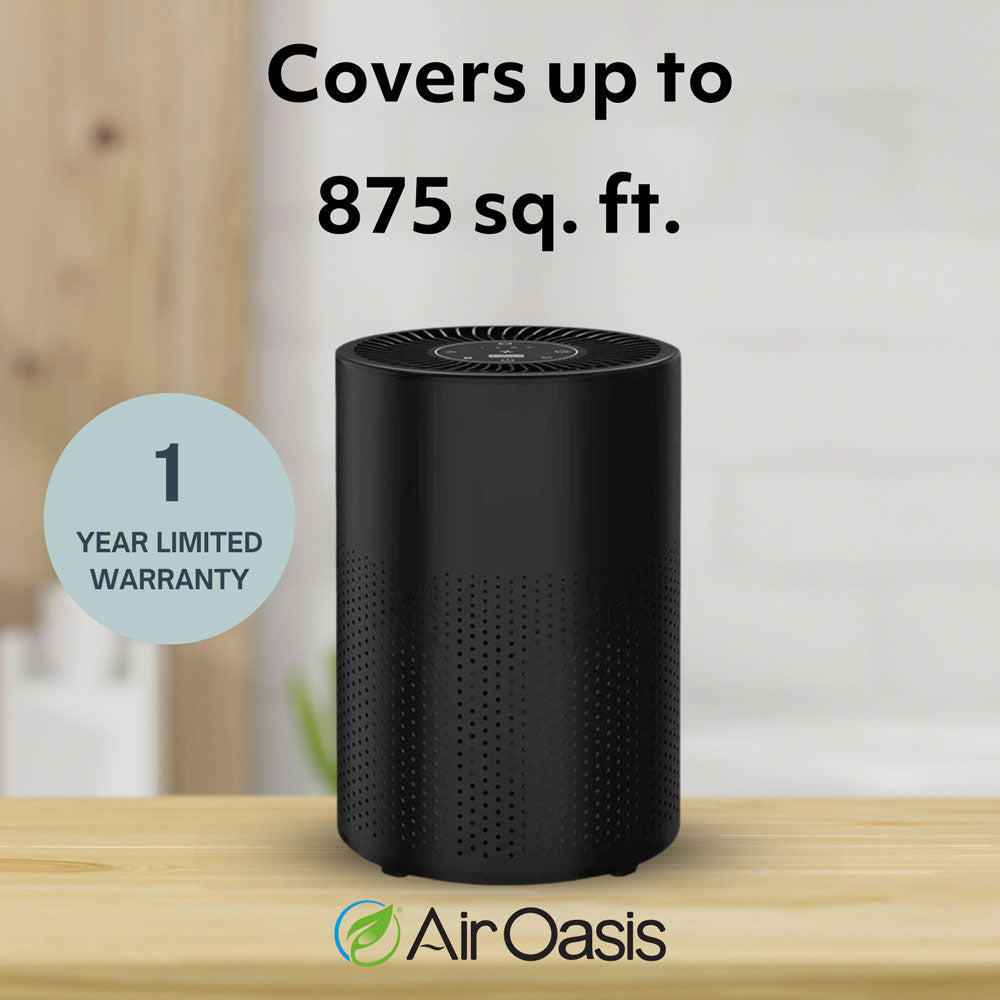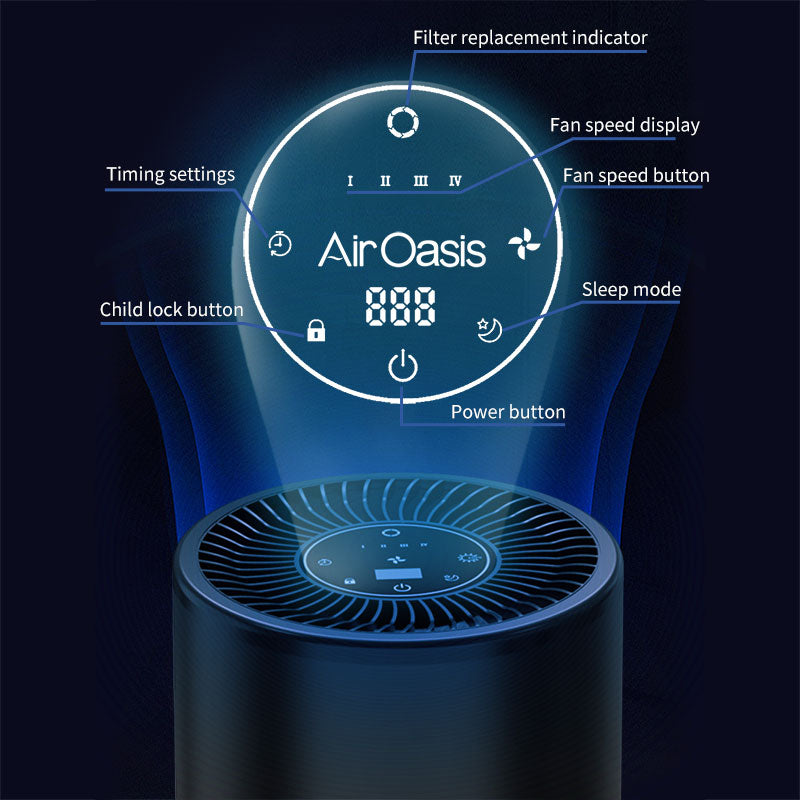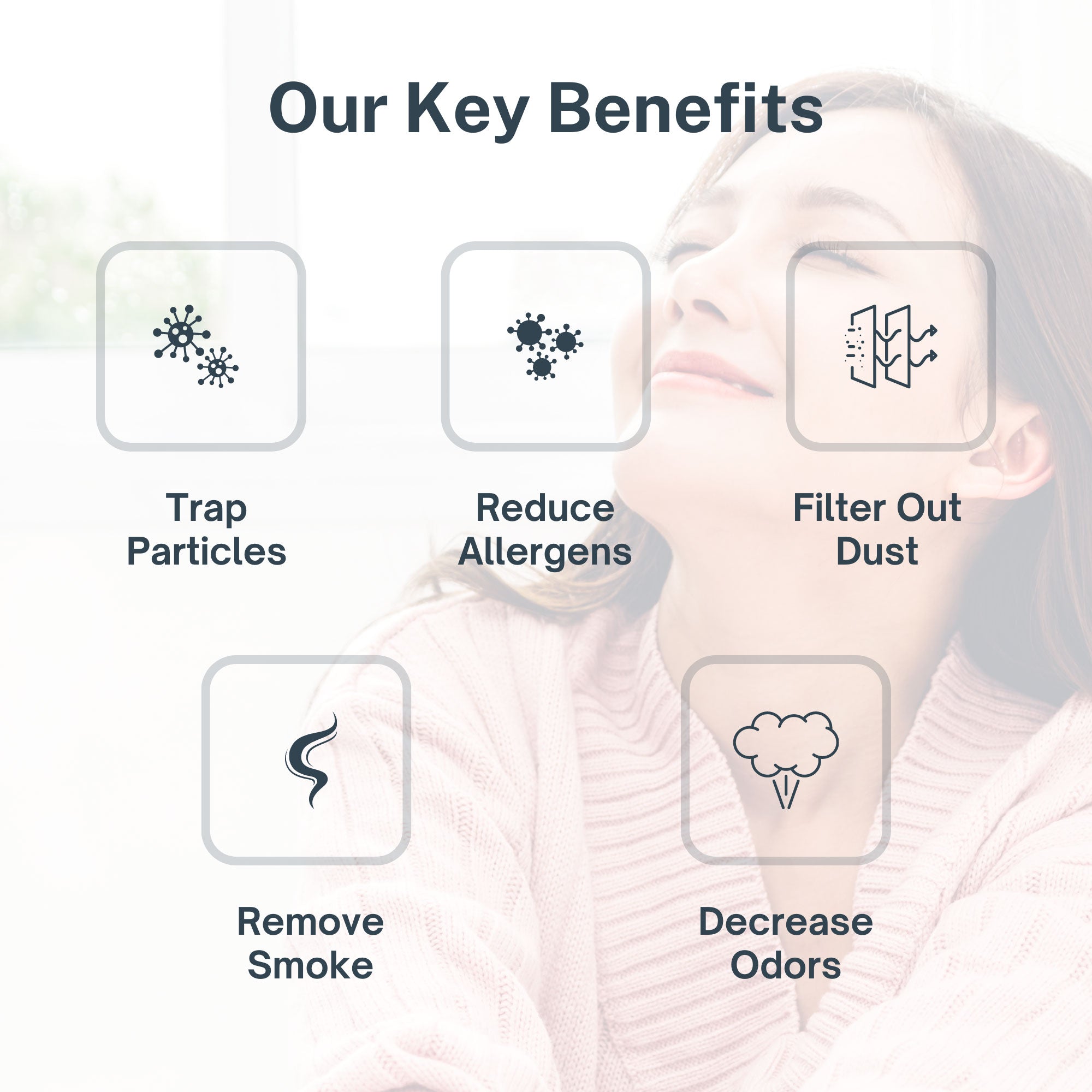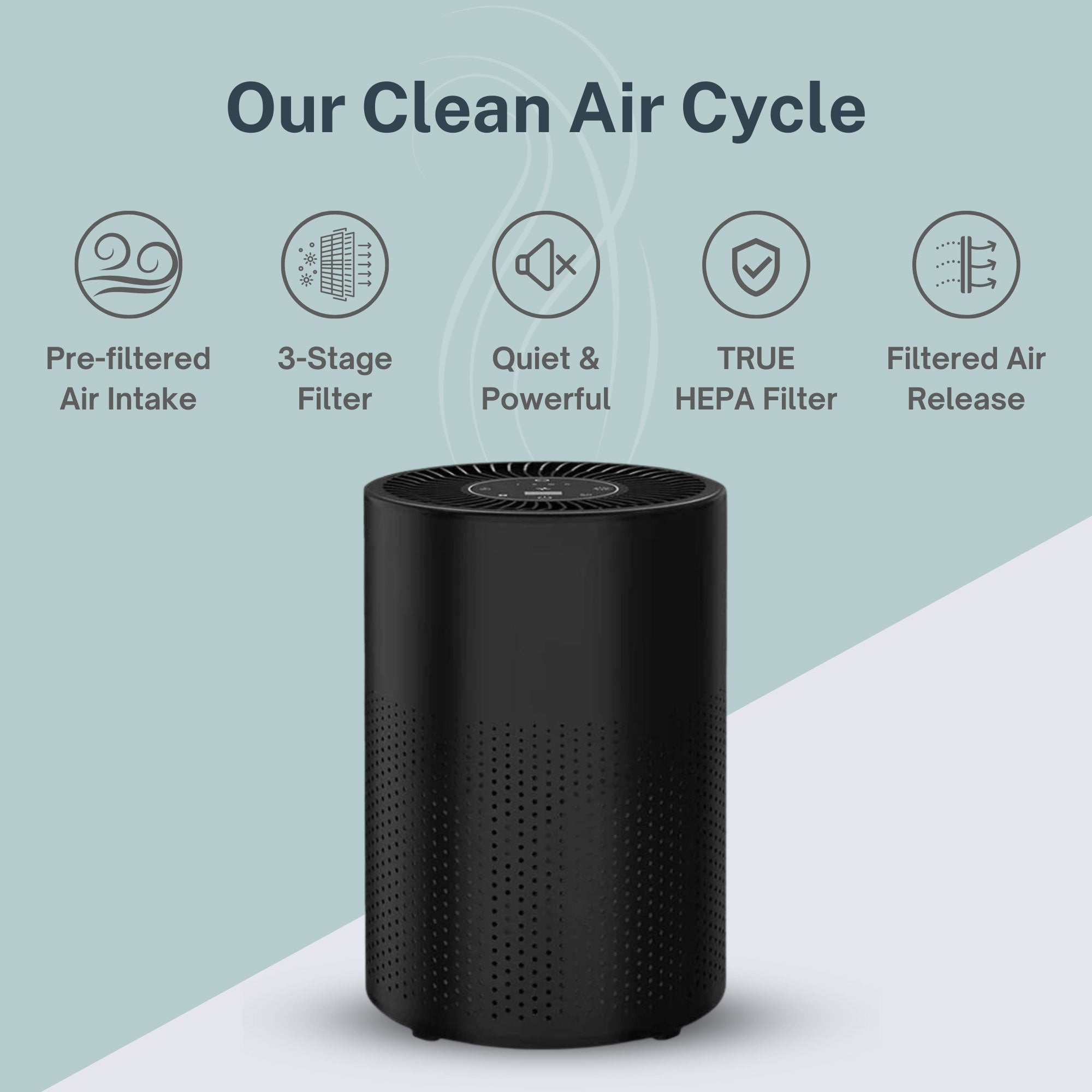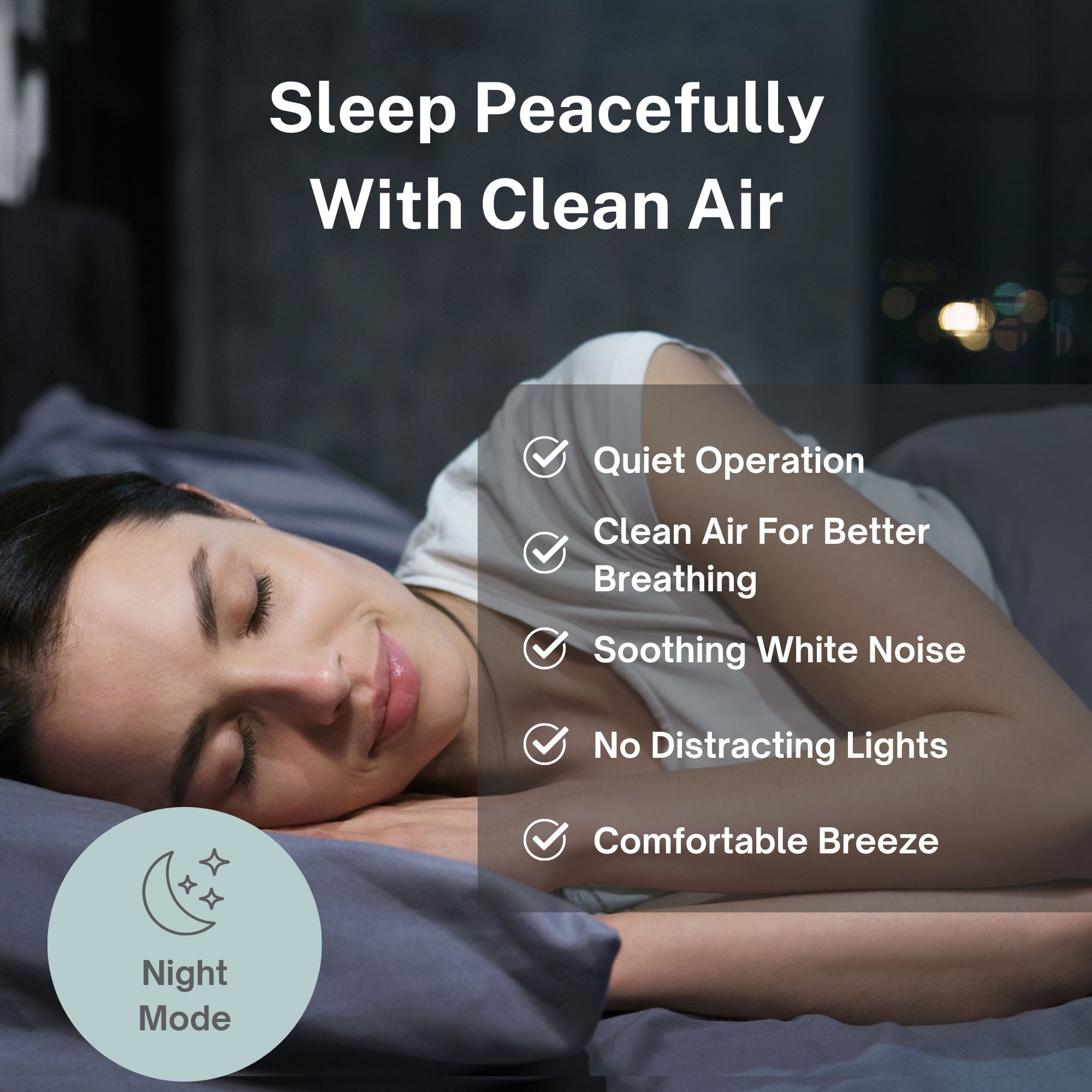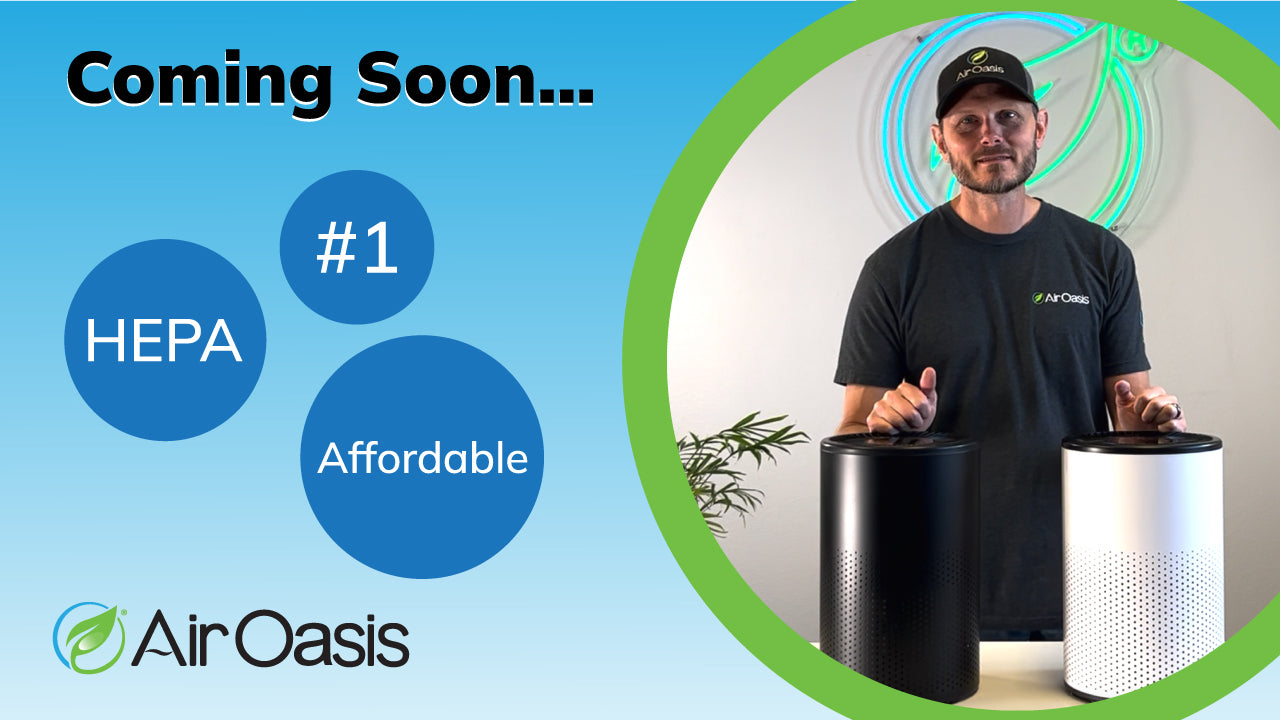Colorado residents already breathe some of the worst air in the nation, with 60% of air pollution stemming from oil and gas operations that release methane and other compounds into the atmosphere. Now, as Congress debates provisions in the GOP's budget reconciliation bill that could delay the federal methane polluter fee, Coloradans face the prospect of even worse air quality in a state that has failed to meet EPA standards for decades.
The Waste Emissions Charge, designed to incentivize oil and gas operators to capture methane rather than releasing it through leaks and flaring, represents more than climate policy—it's a direct air quality protection measure that affects the daily health of millions of Americans. For health-conscious individuals living in areas affected by oil and gas operations, understanding the connection between methane emissions and ground-level air pollution becomes essential for making informed decisions about environmental health protection.
The Science Behind Methane's Air Quality Impact
Methane's role in air pollution extends far beyond its climate change implications. When methane and other emissions from oil and gas operations combine with sunlight, they produce dangerous ground-level ozone pollution that directly affects respiratory health, cardiovascular function, and overall wellness outcomes. This photochemical process transforms invisible methane emissions into visible smog that blankets communities across Colorado and other oil-producing regions.
According to EPA research on ground-level ozone formation, methane serves as a key precursor to ozone pollution that can trigger asthma attacks, reduce lung function, and cause cardiovascular stress. The health impacts are particularly severe for children, elderly individuals, and people with existing respiratory conditions, but even healthy adults experience measurable decreases in lung function when exposed to elevated ozone levels.
Randy Willard, president of Save the Aurora Reservoir, emphasizes the local impact: "Also from an air standpoint, here in Colorado, we have some of the worst air in the country. We know that 60% of that, at least, comes from oil and gas production in our space. And a big chunk of that is methane." This statistic reveals how heavily Colorado's air quality depends on controlling methane emissions from fossil fuel operations.
The timing of methane's conversion to ground-level ozone creates particular challenges for health-conscious individuals trying to plan outdoor activities. Peak ozone formation typically occurs during afternoon hours when sunlight intensity is highest, creating air quality conditions that can shift from acceptable to unhealthy within hours as meteorological conditions change.
Colorado's Decades-Long Air Quality Struggle
Colorado's failure to meet EPA air quality standards for decades coincides directly with the state's fracking boom, creating a natural experiment in how industrial emissions affect regional air quality. The Denver Metro/North Front Range area has been designated as a "serious" nonattainment area for ground-level ozone, indicating pollution levels that consistently exceed federal health standards.
This nonattainment status affects millions of Coloradans who breathe air that regularly exceeds safe pollution levels during summer months when ozone formation peaks. The health implications extend beyond obvious respiratory symptoms to include cardiovascular stress, cognitive impairment, and inflammatory responses that can affect overall wellness and performance.
The Air Oasis understanding of comprehensive air quality protection recognizes that outdoor air pollution from sources like methane emissions requires indoor protection strategies that address both immediate health threats and long-term exposure effects. While policy debates continue, individuals need immediate protection from air quality conditions that already exceed safe levels.
For health optimization enthusiasts living in Colorado, the state's air quality challenges create daily exposure scenarios that can undermine wellness efforts. The inflammatory burden from breathing polluted air during high ozone days can negate the benefits of anti-inflammatory diets, exercise routines, and stress management practices that form the foundation of optimization protocols.
The Economics of Methane Capture vs. Health Costs
The debate over delaying the methane polluter fee often focuses on compliance costs for oil and gas operators, but rarely considers the health costs imposed on communities breathing contaminated air. The International Energy Agency estimates that at least 50% of oil and gas methane emissions can be avoided at no net cost to operators, suggesting that current emissions represent economic waste rather than unavoidable byproducts.
David Jenkins, president of Conservatives for Responsible Stewardship, frames the issue in terms of accountability: "They can spend the money necessary to reduce waste and capture and sell that methane and natural gas, or they can pay a fee for the pollution that they're emitting." This market-based approach creates financial incentives for pollution reduction while allowing flexibility in how companies achieve emissions reductions.
The health economics tell a different story about costs and benefits. Communities exposed to elevated air pollution from methane emissions experience increased healthcare costs, reduced productivity, and quality of life impacts that far exceed the costs of methane capture technology. These external costs are typically borne by residents rather than the companies creating the pollution, creating economic incentives that favor continued emissions over pollution control.
For individuals committed to health optimization, the personal costs of air pollution exposure include not only direct healthcare expenses but also the opportunity costs of reduced cognitive function, impaired athletic performance, and increased susceptibility to illness that can affect career and life outcomes.
The Technology Solutions Already Available
Jenkins notes that many operators are already deploying methane capture technologies, with many innovations pioneered in Colorado itself. This suggests that the technical barriers to methane emission reduction are largely solved, making policy and economic factors the primary obstacles to widespread implementation.
Modern methane capture technology can convert waste emissions into valuable natural gas products, creating revenue streams that offset compliance costs while reducing air pollution. The fact that these technologies were developed in Colorado demonstrates the state's capacity for environmental innovation when proper incentives exist.
The success of existing methane capture programs provides evidence that pollution reduction can coexist with continued energy production. Companies implementing these technologies report not only environmental benefits but also economic advantages from capturing and selling previously wasted methane rather than releasing it to the atmosphere.
However, even perfect methane capture at oil and gas facilities cannot address the air quality impacts that have already accumulated in Colorado's atmosphere. The iAdaptAir technology from Air Oasis provides immediate protection against existing air pollution while supporting policy efforts to reduce future emissions.
Public Opinion and Political Reality
Recent polling shows that Americans largely support requiring oil and gas companies to pay pollution fees, indicating public recognition that environmental costs should be internalized by the industries creating them rather than externalized to affected communities. This public support suggests that delaying the methane polluter fee may conflict with broader public preferences for pollution accountability.
Jenkins observes the disconnect between public preferences and political action: "It just seems to make no sense why politicians, and some bad apples in the oil and gas industry, are pushing against something so basic. And it does so much good for so little investment." This observation highlights how policy debates often prioritize narrow industry interests over broader public health concerns.
The political pressure to delay the methane fee aligns with campaign promises to reduce regulations on fossil fuel industries, but these promises don't address the health consequences for communities already struggling with air quality problems. Colorado residents cannot wait for political resolution to protect themselves from air pollution that already exceeds safe levels.
Personal Protection in Political Uncertainty
While Congress debates methane fee delays and Colorado continues struggling with air quality compliance, health-conscious individuals face immediate decisions about protecting themselves from air pollution that affects daily wellness outcomes. Political processes move slowly, but air pollution exposure affects health outcomes every day through continuous inhalation of contaminated air.
The lesson from Colorado's decades-long air quality struggle is that external policy solutions, while important for long-term improvement, cannot provide the immediate protection that individuals need to maintain optimal health in polluted environments. Comprehensive indoor air purification provides immediate benefits while supporting broader policy efforts to address pollution sources.
Creating clean indoor environments becomes particularly important in areas like Colorado where outdoor air regularly exceeds safe pollution levels. Advanced air purification technology can maintain indoor air quality that measures significantly better than outdoor conditions, allowing residents to protect their health regardless of external air quality fluctuations or policy uncertainties.
The Future of Air Quality in Energy-Producing Regions
Colorado's experience with methane emissions and air quality provides a preview of challenges facing other energy-producing regions across the United States. As fracking operations expand into new areas, communities that have never experienced significant air pollution may face similar struggles with ground-level ozone and respiratory health impacts.
The debate over methane fee delays reflects broader tensions between energy production and environmental health that will likely intensify as climate policies intersect with air quality regulations. Communities in energy-producing regions need protection strategies that work regardless of political outcomes or regulatory changes.
For health optimization enthusiasts, Colorado's situation demonstrates why environmental health protection cannot depend on political processes or regulatory compliance alone. Personal protection strategies provide immediate benefits while supporting broader efforts to address pollution sources through policy and technology solutions.
Your health optimization journey cannot wait for perfect air quality policies or complete elimination of pollution sources. Take control of your indoor breathing environment today with proven technology that protects against methane-related air pollution and other environmental health threats. Shop Air Oasis today and ensure that your wellness goals aren't compromised by political delays or regulatory uncertainties that affect outdoor air quality.





